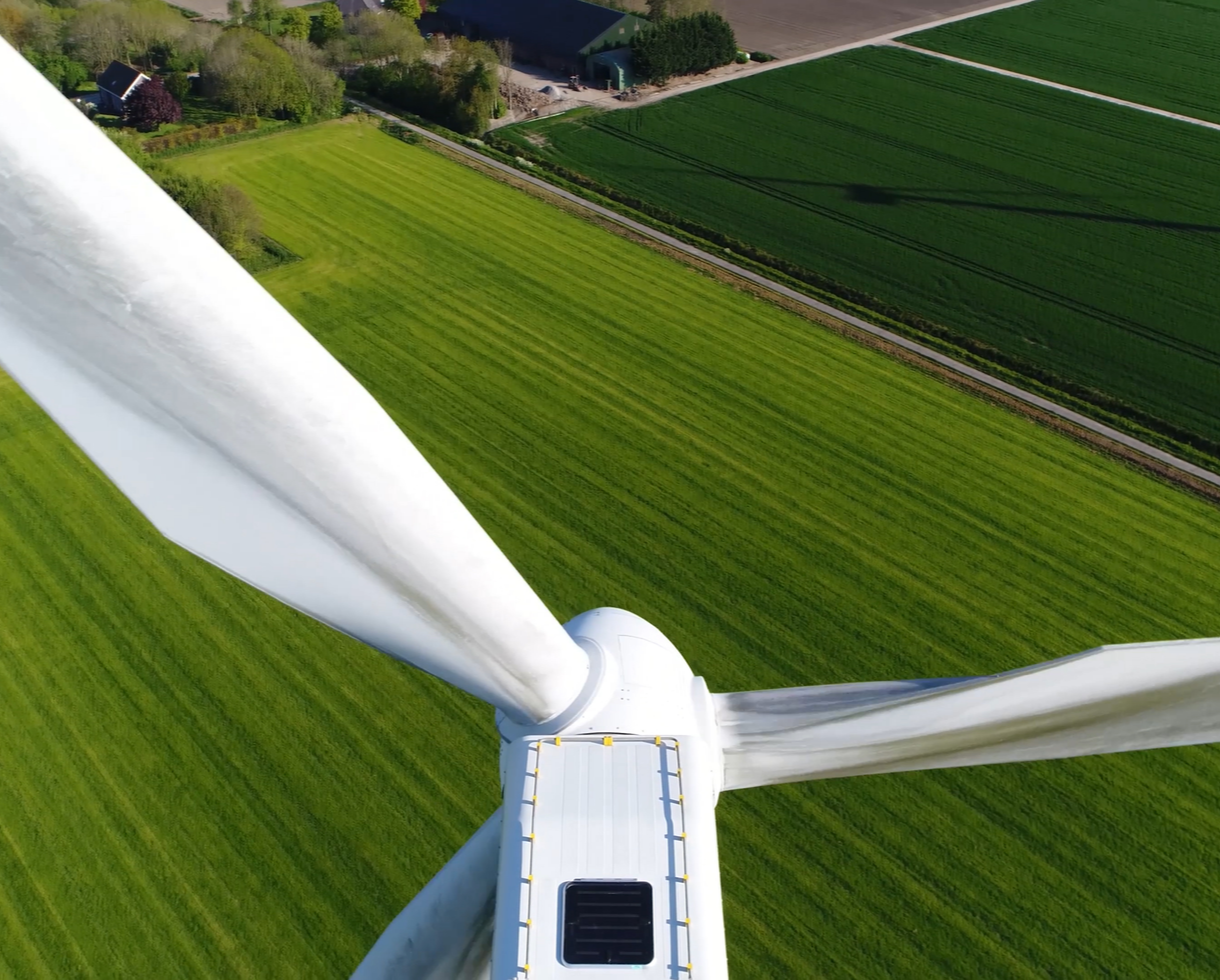Despite the Prime Minister’s set-piece ‘levelling-up’ speech in July, it is tempting to think that the soundbite has come to mean all things to all men. From investment in transport, to raising skills, money for town centres to more devolution to English counties.
But with COP26 just around the corner and international attention focussed on Glasgow, there is a real opportunity to bring the ‘levelling-up’ agenda to life by showcasing what is already happening across the North and Midlands to deliver the goal of the UK reaching Net Zero by 2050.
Across the region, efforts are being made to demonstrate how an economy powered by clean energy can help the fight against climate change whilst also delivering the green jobs of the future. At BECG we have been fortunate to support a number of projects across the North that will not just cut carbon emissions, but will deliver millions of investment into the region, create hundreds of new jobs and provide training opportunities for young people to work in new sectors of the economy:
- Zero Carbon Humber: a partnership to build the world’s first net zero industrial cluster and decarbonise the North of England
- Mersey Tidal Power: a project to use the power of the River Mersey to generate enough clean power for up to 1 million homes
- The East Midlands Energy Re-Generation (EMERGE) Centre: a 49.9MW energy recovery facility on the site of one of the UK’s last coal-fired power stations
- The UK’s first homes fuelled entirely by hydrogen: now open to the public to experience a zero-emission gas-fuelled home of the future
From Hull to Liverpool, Gateshead to Nottingham it is projects like these which will have a real impact on the levelling-up agenda whilst also delivering on the country’s Net Zero ambitions.
But it doesn’t stop there. BECG is helping Transport for the North to consult on its Decarbonisation Strategy as the organisation looks to deliver a pan-northern near-zero carbon surface transport network by 2045. (You can participate in the consultation until August 31st).
TfN’s Decarbonisation Strategy highlights some of the North’s other fundamental assets beyond hydrogen and CCUS which can drive clean growth, including:
- Zero-emission vehicles: Using the region’s existing industry and expertise in Cheshire & Warrington, Greater Manchester, Humber and Tees Valley to support zero-emission vehicle manufacture in the North
- Freight decarbonisation: With three identified freeport locations in Liverpool, Teesside and the Humber, the North is primed to create jobs and provide new skills through the delivery of ‘port to port’ low carbon transport corridors and zero-carbon first mile freight
- Rail decarbonisation: The region’s strong rail manufacturing capability means the North is well placed to benefit from a nationwide acceleration of rail electrification programmes and the production of zero emission locomotives
The North of England was once the birthplace of the Industrial Revolution. Over the next 25 years it has the chance to become the cradle of the clean growth revolution with all of the ‘levelling-up’ opportunities that that presents.
If you’d like to know more about how BECG can support your investment into the North of England contact Kevin Whitmore




